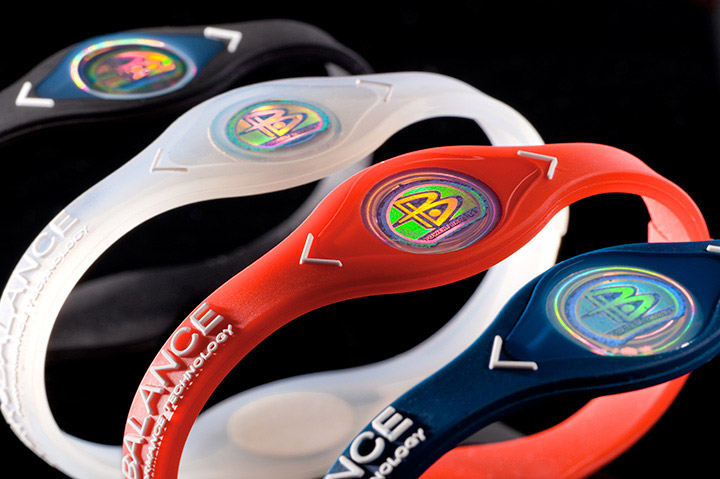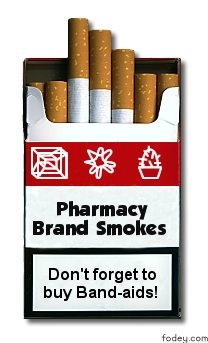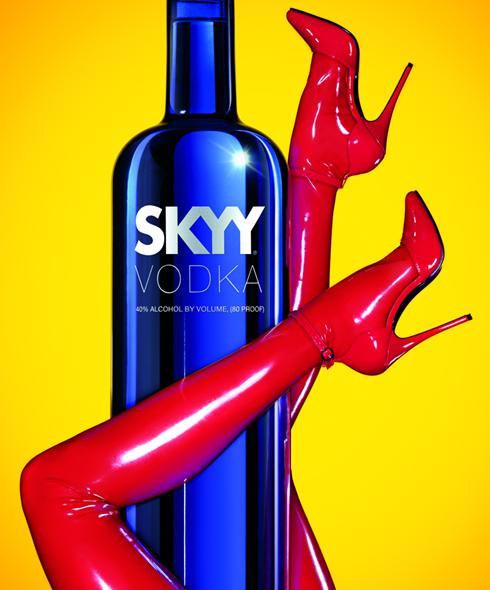"Power Balance" Wristbands: Rubber Bands with a Big Marketing Budget
Submitted by Anne Landman on
 Power Balance of Orange County, California makes rubber bracelets with a holographic inset that "are designed to work with your body's natural energy field" to increase strength, balance and flexibility. The bands sell on Amazon.com for anywhere from $4.25 to $30.00. The company has poured tens of millions of dollars into a marketing campaign that features sports heroes and athletes like Shaquille O'Neil promoting the product. But on December 22, 2010, the Australian Competition and Consumer Commission ruled that claims that the bracelets improve strength, balance and flexibility "were not supported by any credible scientific evidence," and made Power Balance admit that it engaged in "misleading and deceptive conduct in breach of 2.52 of the Trade Practices Act of 1974." The Commission told Power Balance to stop making bogus claims about the product, refund the purchase price of the wrist band to people who feel they were misled, publish a corrective advertisement to keep consumers from being misled in the future and remove the words "performance technology" from the brand. The Australian ruling isn't valid in other countries, however.
Power Balance of Orange County, California makes rubber bracelets with a holographic inset that "are designed to work with your body's natural energy field" to increase strength, balance and flexibility. The bands sell on Amazon.com for anywhere from $4.25 to $30.00. The company has poured tens of millions of dollars into a marketing campaign that features sports heroes and athletes like Shaquille O'Neil promoting the product. But on December 22, 2010, the Australian Competition and Consumer Commission ruled that claims that the bracelets improve strength, balance and flexibility "were not supported by any credible scientific evidence," and made Power Balance admit that it engaged in "misleading and deceptive conduct in breach of 2.52 of the Trade Practices Act of 1974." The Commission told Power Balance to stop making bogus claims about the product, refund the purchase price of the wrist band to people who feel they were misled, publish a corrective advertisement to keep consumers from being misled in the future and remove the words "performance technology" from the brand. The Australian ruling isn't valid in other countries, however.

 The
The  Steven Antin's new movie, Burlesque (PG-13), features about twenty different brands of products, including gratuitous use of
Steven Antin's new movie, Burlesque (PG-13), features about twenty different brands of products, including gratuitous use of  The Monterey Herald accused The Daily Beast of shameless self-promotion after the news Web site posted
The Monterey Herald accused The Daily Beast of shameless self-promotion after the news Web site posted  A recently-published
A recently-published